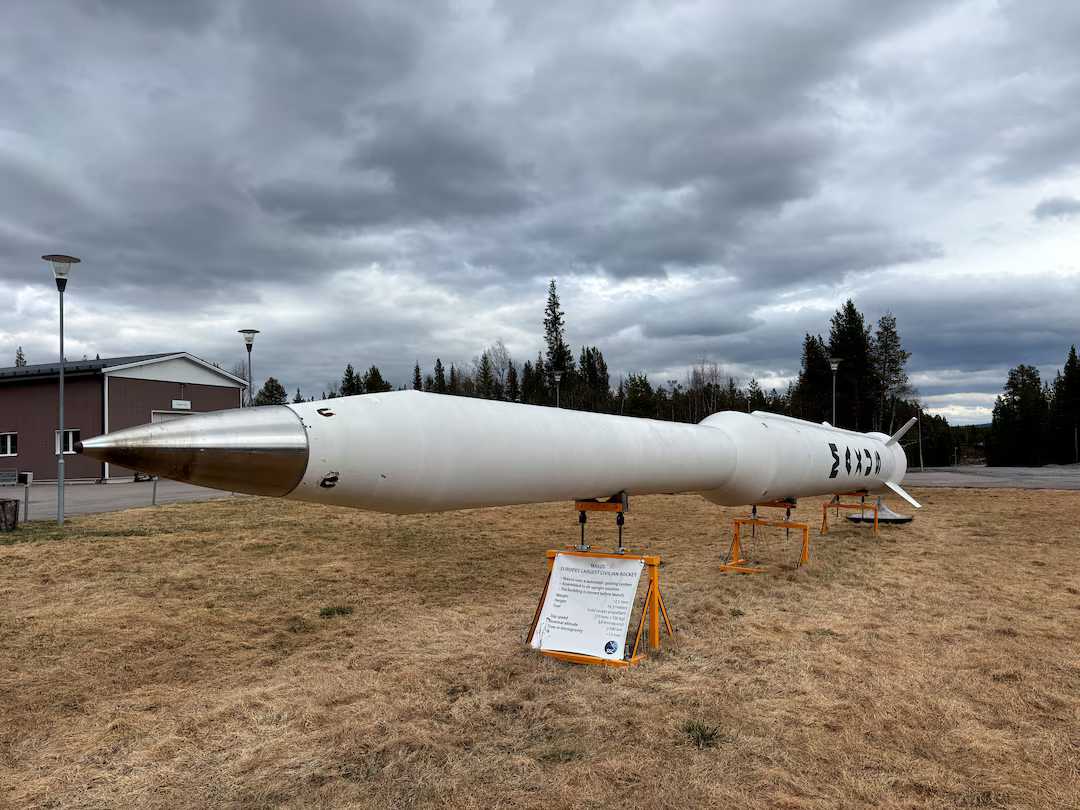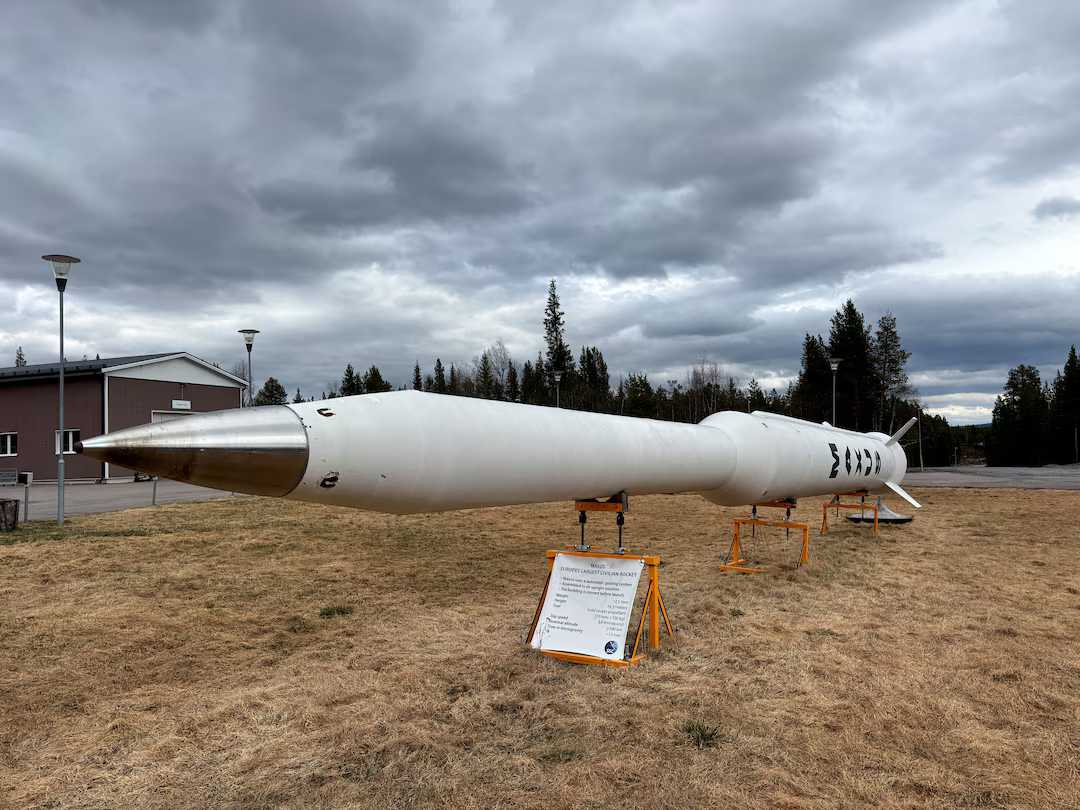Europe Aims to Cut U.S. Reliance with Nordic Spaceport Projects
As reported by Reuters on July 10, Europe is pushing forward with building domestic launch facilities in Sweden’s Esrange and Norway’s Andøya to reduce dependence on the U.S. and strengthen its independent space capabilities. The goal is to send satellites into orbit from the European continent for the first time. Previously, Europe’s only launch site was in French Guiana, South America—its remote location and high costs made it hard to meet rising commercial and military needs.

Source: Images from the Internet, if there is any infringement, please contact the removal of
Esrange, with its large uninhabited areas, has unique conditions for launches and recoveries. It is preparing for orbital launches and has signed agreements with U.S. and South Korean rocket makers. Andøya has successfully tested a small rocket developed by Germany’s ISAR and plans to start commercial launches next year. Both bases are highly valued by NATO, as they can provide Europe with rapid response capabilities.
Against the backdrop of Donald Trump’s return to U.S. politics and the ongoing Ukraine conflict, European defense departments are accelerating their space plans. Though there’s still a big gap with the U.S. in launch numbers and funding, Europe is trying to rebuild independent space access through these two Nordic spaceports, aiming to gain independent control over military and communication strategic capabilities.
The two bases have their own strengths. Esrange’s vast empty land is suitable for launching larger rockets and recovering reusable components. Andøya, located closer to the Arctic, is ideal for sending satellites into polar orbits, which are important for Earth observation and Arctic-related missions.
Experts say that while Europe’s space launch capabilities are still developing, the Nordic spaceports are a key step. They not only help reduce reliance on external launch services but also lay the groundwork for Europe to enhance its position in the global space sector, especially in meeting urgent defense and communication needs independently.









